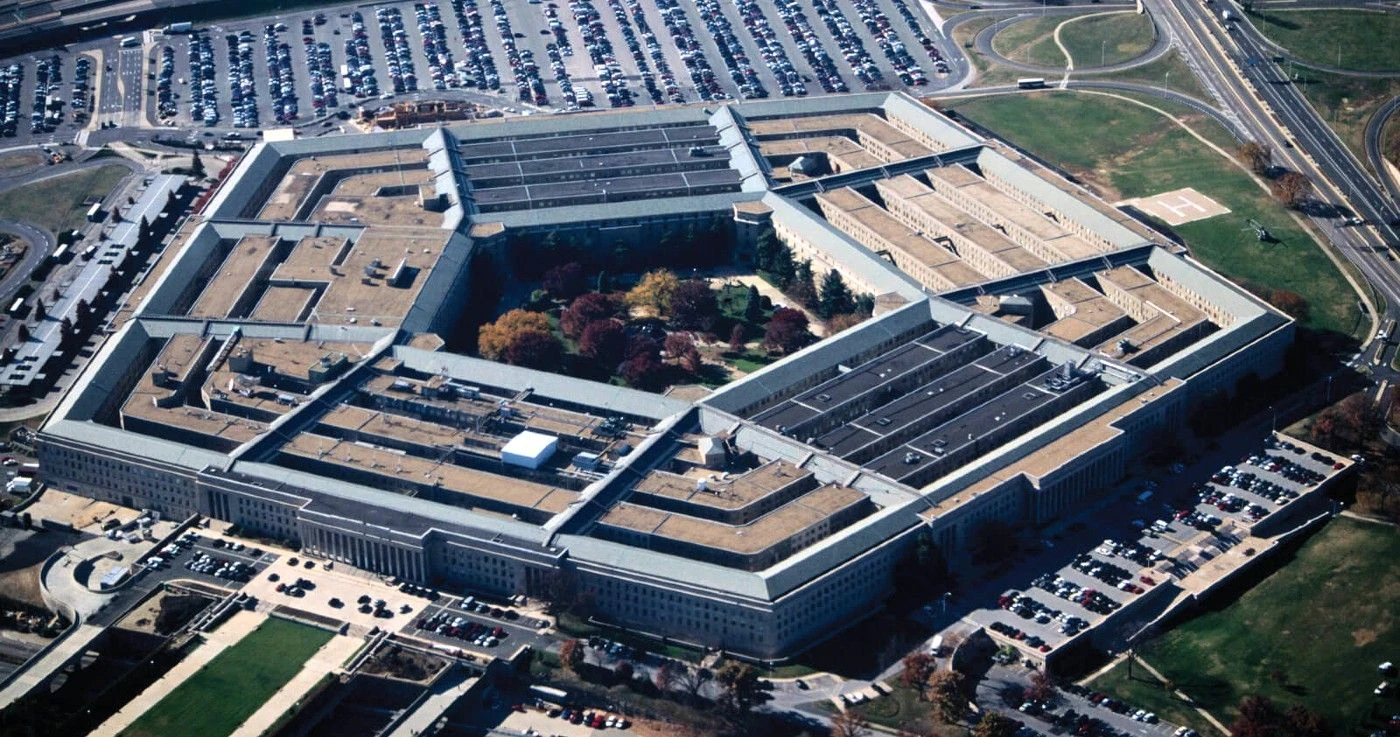The U.S. Defense Department has cancelled a 10-year, $10 billion cloud-computing contract it awarded to Microsoft. The Defense Department announced the cancellation of the long-awaited procurement on Tuesday. It will instead start a new procurement, open to multiple cloud vendors, though only Amazon and Microsoft will be allowed to compete initially.
“The Department has determined that, due to evolving requirements, increased cloud conversancy, and industry advances, the JEDI Cloud contract no longer meets its needs,” a Defense Department spokesperson said in an unsigned release distributed to reporters.
The department wants to create a massive cloud-based central operating system for the U.S. military, harnessing the technological capabilities of a major private-sector cloud provider to create new battlefield applications.
The Defense Department started the Joint Enterprise Defense Infrastructure, known as JEDI, nearly four years ago under then-Defense Secretary Jim Mattis. He and other officials had hoped that JEDI could serve as a springboard for the department’s adoption of artificial intelligence in a geopolitical race with China.
But the Pentagon’s steadfast insistence that the contract should go to just one company, rather than spread the work among multiple providers, made it a lightning rod from the start. Oracle and IBM lodged protests before the bids were due, arguing that such an approach ran counter to the business world’s best practices.
The Pentagon awarded the contract to Microsoft in 2019 shortly after President Donald Trump took an interest in it. Trump had cited complaints against Amazon from “some of the greatest companies in the world,” specifically referencing Oracle, Microsoft and IBM.
Trump’s interest in the contract ― along with his repeated public broadsides against Amazon founder Jeff Bezos, became a key part of the company’s challenge.
That bid protest forced the Defense Department to halt its work with Microsoft and re-evaluate its decision after the Court of Federal Claims concluded that the Pentagon’s evaluators had made a mistake on one aspect of how it evaluated bids. The agency re-awarded the contract to Microsoft after correcting its mistake.
But Amazon pressed forward with its legal campaign, along with its request to depose certain top officials, including Trump and Mattis. The court rejected a motion filed by Microsoft to dismiss those allegations, clearing the way for Amazon to argue for depositions.
Throughout the two tech giants’ legal maneuvering, the Defense Department has been unable to move forward with the contract it awarded to Microsoft. In a Jan. 28 memo, the agency said the ongoing litigation was already calling JEDI into question.
While the decision is a massive financial blow to Microsoft, Microsoft said in a statement on Tuesday. Toni Townes-Whitley, president U.S. regulated industries, wrote:
“We understand the DoD’s rationale, and we support them and every military member who needs the mission-critical 21st century technology JEDI would have provided. The DoD faced a difficult choice: Continue with what could be a years-long litigation battle or find another path forward. The security of the United States is more important than any single contract, and we know that Microsoft will do well when the nation does well. Because the security of the United States through the provision of critical technology upgrades is more important that any single contract, we respect and accept DoD’s decision to move forward on a different path to secure mission-critical technology.”
Townes-Whitley said the company will continue to pursue the Pentagon’s cloud business, and took a veiled swipe at Amazon:
“The 20 months since DoD selected Microsoft as its JEDI partner highlights issues that warrant the attention of policymakers: when one company can delay, for years, critical technology upgrades for those who defend our nation, the protest process needs reform. Amazon filed its protest in November 2019 and its case was expected to take at least another year to litigate and yield a decision, with potential appeals afterward.”
“Our focus on our customer, and not politics or litigation, is the cornerstone of our approach to help governments and businesses achieve their mission outcomes. Microsoft has been a strong partner to the DoD for more than 40 years, and we have publicly pledged to make available our best technology to support their mission. JEDI was just one (albeit highly visible) example of the DoD choosing Microsoft to support mission-critical programs across the department, and we look forward to competing for and being awarded many other cloud projects by the DoD in the future.”
An AWS spokesperson said in a statement,
“We understand and agree with the DoD’s decision. Unfortunately, the contract award was not based on the merits of the proposals and instead was the result of outside influence that has no place in government procurement.”
The company said it remained committed to working with the DoD.
The Pentagon said its cloud vendor for the new contract will have to meet several criteria, like working on all three classification levels (i.e. unclassified, secret or top secret), be available around the world and have top-tier cybersecurity controls.
The agency said it expects the new contract value to be in the multibillions, though it is still determining the maximum value. It expects the contract to last up to five years, including a three-year performance base period and two, one-year option periods.




